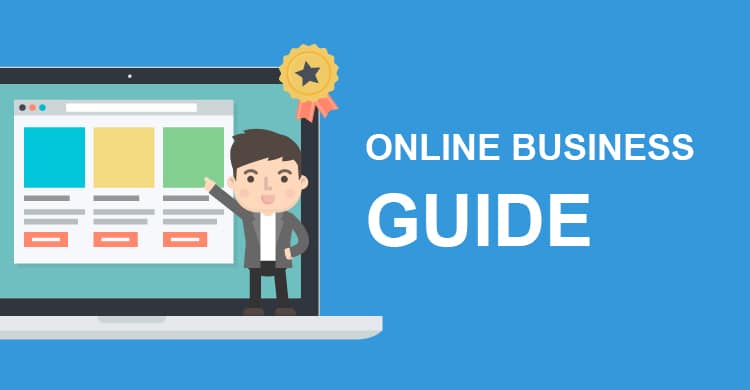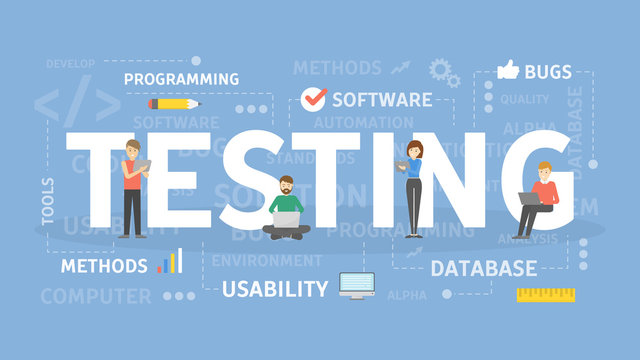
Essential Steps to Start Your Online Business as a Beginner
Starting an online business as a beginner can be a challenging yet rewarding venture. Here are some essential steps to guide you through the process:
1. Find Your Niche:
- Identify your passion or an area where you have expertise.
- Research market demand and competition in your chosen niche.
2. Market Research:
- Understand your target audience.
- Analyze your competitors to identify what works and what doesn’t.
- Use tools like Google Keyword Planner or Google Trends for market insights.
3. Create a Business Plan:
- Outline your business goals, target audience, revenue model, and marketing strategies.
- Plan your budget, including initial investments and operational costs.
- Create a roadmap for your business growth and development.
4. Choose a Business Model:
- Decide whether you want to sell products, services, or both.
- Explore dropshipping, affiliate marketing, or creating and selling your products.
5. Build Your Online Presence:
- Choose a memorable and relevant domain name for your website.
- Select a reliable web hosting service.
- Design a user-friendly and mobile-responsive website using platforms like WordPress, Shopify, or Wix.
6. Set Up E-commerce Infrastructure:
- Integrate secure payment gateways like PayPal, Stripe, or Square.
- Implement SSL certificates to ensure a secure browsing experience for your customers.
- Create clear product/service descriptions and high-quality images.
7. Develop a Marketing Strategy:
- Utilize social media platforms to reach your target audience.
- Invest in search engine optimization (SEO) for higher visibility on search engines.
- Consider paid advertising on platforms like Google Ads or Facebook Ads.
- Content marketing through blogs, videos, and podcasts can attract organic traffic.
8. Focus on Customer Service:
- Provide excellent customer support to build trust and loyalty.
- Encourage customer reviews and feedback to improve your products/services.
9. Legal and Financial Setup:
- Register your business and obtain any necessary licenses and permits.
- Set up a business bank account to keep your personal and business finances separate.
- Consult with a legal professional to draft terms and conditions, privacy policy, and refund policies.
10. Continuous Improvement:
- Analyze your business performance using tools like Google Analytics.
- Gather feedback from customers and adapt your strategies accordingly.
- Stay updated with industry trends and technologies.
11. Scaling Your Business:
- Explore opportunities for scaling your business, such as adding new products/services or entering new markets.
- Consider automating certain aspects of your business to save time and resources.
12. Stay Compliant and Secure:
- Stay updated with legal requirements related to online businesses, such as GDPR for data protection.
- Invest in cybersecurity measures to protect your business and customer data.
Remember, patience and persistence are key. Building a successful online business takes time and effort. Stay focused, keep learning, and adapt to the changing market demands to increase your chances of long-term success.



